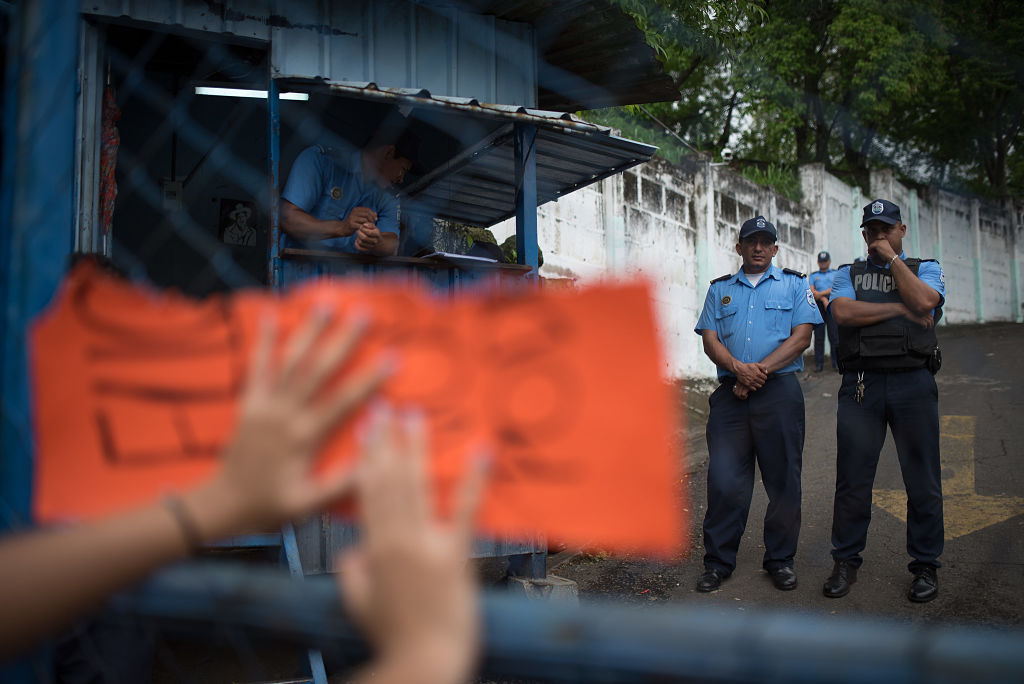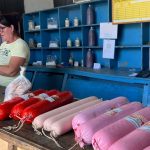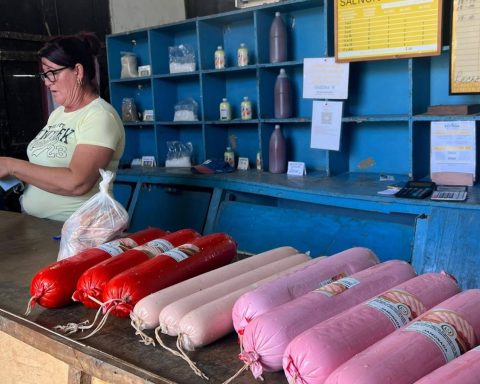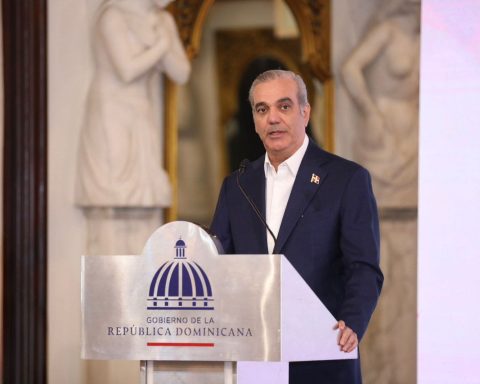Sources linked to the Judicial Assistance Directorate (DAJ) of the National Police confirmed to CONFIDENCIAL that this Monday, March 28, the political prisoners held a protest in their cells at the El Chipote prison.
In the morning hours “there were shouts, slogans, and the prisoners sang the national anthem in several pavilions,” said the source.
The protest occurred when most of the political prisoners have already been sentenced to sentences ranging from eight to 13 years in prison, and yet the judges have not determined how and where they will serve the sentence, and keep them in solitary confinement. in a prison that is supposedly to carry out “investigations”.
The sources reported that women and men participated in the protest, prisoners of conscience located in separate pavilions. The prisoners demanded “to be released and shouted the name of retired General Hugo Torres,” who died in a hospital as a political prisoner in police custody.
Among the convicted political prisoners are several elderly people who suffer from chronic illnesses, such as Pedro Joaquín Chamorro (70 years old), Violeta Granera (70 years old), Víctor Hugo Tinoco (69 years old), Dora María Téllez (66 years old) and José Adán Aguerri (60 years old) and his relatives demand that the law that allows them to be transferred to house arrest be applied.
Other prisoners are demanding that they be transferred to the Modelo and La Esperanza prisons, and that the regime of isolation and torture to which they are subjected in Chipote cease.
The DAJ sources did not reveal how the police authorities of El Chipote reacted to the protest of the prisoners, whose relatives have denounced cruel treatment, and if they were subjected to a punishment regime in retaliation for the shouts and slogans. “I can only tell you that there were several protests at different times in the morning, but I don’t know what happened afterwards,” the source said.
In the El Chipote prisons, the political prisoners Tamara Dávila, Dora María Téllez, Ana Margarita Vijil and Suyen Barahona, have been kept in cells of solitary confinement for more than nine months, while prisoners who share cells with other male or female companions are forced to remain silent, and none have access to books, notebooks, pencils or reading materials.
denounce inhuman treatment
Human rights organizations have denounced the subhuman conditions in which political prisoners find themselves, in violation of the so-called “Mandela rules”, or minimum rules established by the United Nations for the treatment of inmates.
This is the first time that political prisoners —captured in the electoral context of 20121— have protested in prison, since the isolation and precarious conditions in which they find themselves have caused them serious physical and emotional deterioration, according to their relatives. after the six times they have been allowed to visit them.
Prisoners of conscience are also not allowed reading materials, photographs, or bedding, so they are cold at night and very hot during the day.
















